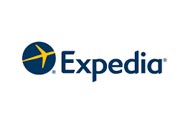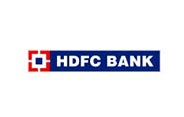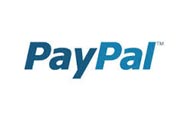Global Distribution Systems
– Amadeus, Travelport, Sabre, Abacus
Initially global distribution systems were set up for flight booking but later gds systems were extended to process hotels, cars, cruise and buses. GDS systems today, make it easier for end users to purchase travel tickets from different airlines or LCCs, thus forming the backbone of online travel software. Global distribution system reach out to more than 300,000 plus IATA registered travel agents powered by four major GDS networks like Sabre, Amadeus, Worldspan and Galileo. Thus global distribution systems today, are used by travel agents and online customers all over the world to book flights, hotels, rentals and other travel related services. However the crux is that the GDS system will not hold the inventory as all the inventories are accessed in real time through the actual provider.
Global distribution system can also be understood as a network operated by a travel consolidator company that enables automated transactions between booking agents and vendors so as to provide real time travel services to global consumers. A
GDS global distribution system
usually links rates, services, bookings consolidating products and services across the major travel sectors like hotel reservations, car rentals, airline reservations and other activities.
GDS system's primary customers are mainly travel agents, who are either following OTA model or using a web based software to connect to GDS. GDS can be integrated by a professional travel portal development company on any travel website.
Modern day GDS systems allow travelers to take advantage of booking hotel rooms, rental cars, airline tickets, as well as for other activities like outdoor tours. They also provide access to railway and bus reservations in some segments of markets, although these are not always integrated with the main system.
















